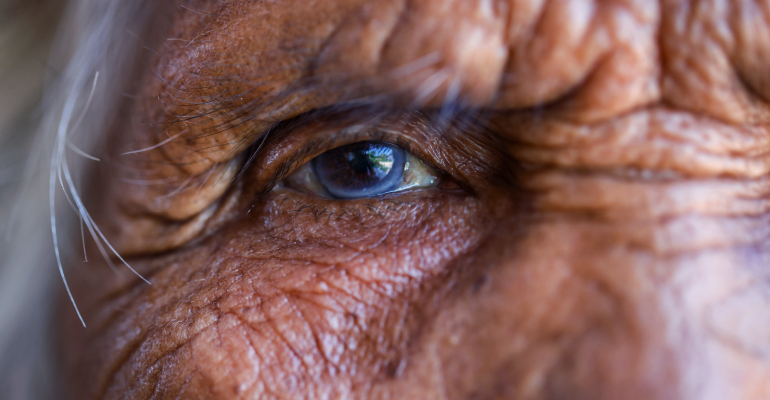Senior Citizens’ population to reach 14 percent by 2030

While the majority of Filipinos strongly believe in giving back to parents by taking care of them at their sunset years; the government nevertheless has to continue recognizing the needs of the senior citizens. Especially that its gradually growing every year.
Earlier this year, the Commission on Population and Development (CPD) announced that by the year 2030, 14 percent of the Filipino population will be 60 years old and over. Consequently, this means that the country will be entering the so-called Aging population era.
By the end of 2018 alone, around eight million or 8.2 percent Filipinos already reached the age of 60.
Having said, the future economy of the country will be at stake. As the number of senior citizens rises, the demand for medical and financial assistance also increases. Moreover, 55 percent of them receive no pension, while about 16 percent have a social pension of 500 pesos only.
Noting the economic impacts, CPD Executive Director Juan Antonio Perez brought up to the Senate the establishment of the National Commission of Senior Citizens (NCSC) last January. Almost immediately, the Senate has supported the bill, and on July 25, President Rodrigo Duterte has approved mandating the creation of the NCSC.
Leave a Reply